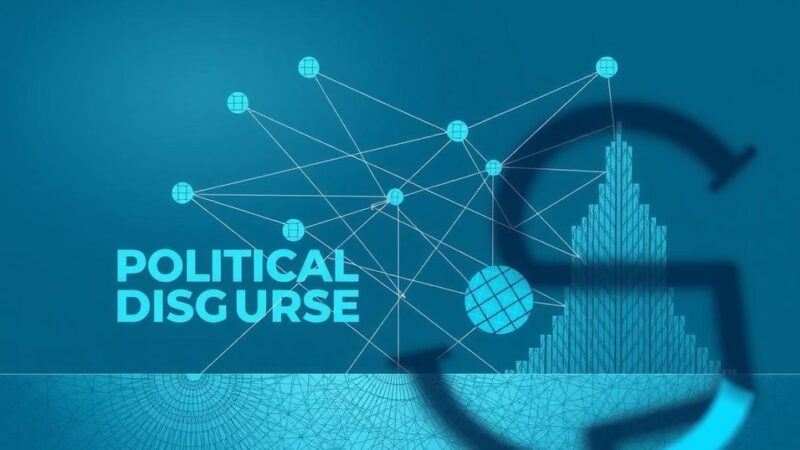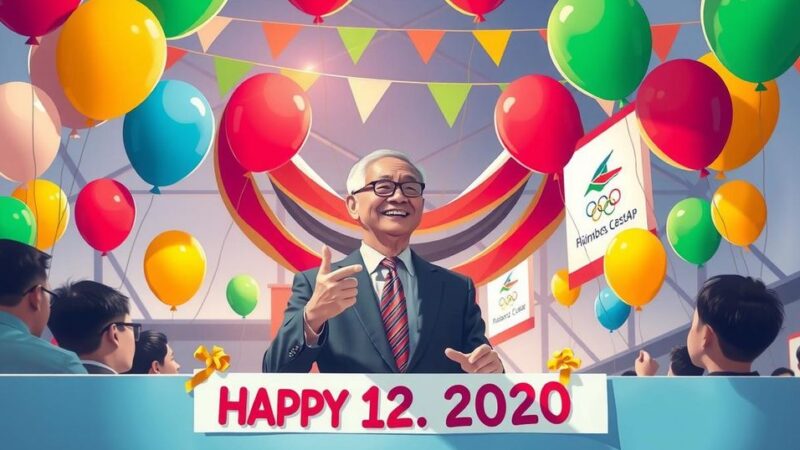Monsignor Donatien Nshole of CENCO was summoned by the DR Congo government after his warnings about discrimination against Swahili speakers post-M23 takeover of Bukavu. He met with Interior Minister Jacquemain Shabani, discussing critical national issues, while the government responded to CENCO’s allegations of discrimination, stating they were isolated cases. Reactions vary, with some supporting the government’s approach, while others perceive the summons as intimidation amid rising violence in the region.
Monsignor Donatien Nshole, the Secretary General of the Bishops’ Conference of the Democratic Republic of Congo (CENCO), was summoned by the government following a warning about discrimination against Swahili speakers after the M23 rebels seized Bukavu. During his questioning on March 6 at the Ministry of the Interior, he discussed the critical situation in the country with Interior Minister Jacquemain Shabani, sharing valuable information and mutual recommendations for future actions.
In a statement dated February 22, CENCO highlighted the rising stigmatization of Swahili speakers in Kinshasa and other regions as a reaction to Bukavu’s takeover by rebels and an inflammatory comment by President Félix Tshisekedi. Tshisekedi’s accusation against former President Joseph Kabila regarding M23’s involvement triggered emotional responses among Kabila’s supporters, resulting in threats aimed at Swahili speakers and Rwandophones on social media and in the press.
The bishops’ conference underscored the ongoing suffering in eastern Congo, notably in North and South Kivu, due to violence based on linguistic identity. CENCO firmly condemned the crackdown on Swahili speakers and urged the government to safeguard the population and maintain social harmony. The Interior Minister summoned Msgr. Nshole to require substantiation of these discrimination allegations, asking for specifics regarding individual victims and incidents.
After the meeting, Msgr. Nshole claimed clarity was achieved, while Minister Shabani characterized the allegations as “isolated incidents” and affirmed that the government had addressed many of these cases. He further cautioned that such reports should be verified by his department before being disseminated publicly to prevent panic.
The summons has stirred various reactions among Congolese citizens. Political sociologist Prof. Tony Kanyinda supported the government’s approach, noting that CENCO’s complaint warrants a ministry response based on a historical agreement concerning church-related matters. In contrast, some perceive this action as intimidation towards Msgr. Nshole, who plays a pivotal role in promoting the Social Pact for Peace and Coexistence, a peace initiative that encourages dialogue with M23, yet has met government skepticism.
Recent developments in early March have seen increased fighting in North Kivu province, particularly in Masisi territory, involving the Congolese Armed Forces, allied militias, and M23 rebels suspected of Rwandan military support. Civilian casualties and mass displacement have been reported by local civil society groups, indicating the escalating conflict in the region.
The summons of Monsignor Donatien Nshole by the DR Congo government highlights rising tensions involving linguistic identity and the discrimination faced by Swahili speakers. While government officials argue that the related incidents are isolated and have been addressed, some view the summons as a means of intimidation. This situation elucidates the complex interactions between governmental authorities, religious institutions, and ongoing conflict, particularly regarding initiatives aimed at promoting peace with rebel groups. The situation remains precarious as violence escalates in eastern Congo, highlighting the need for urgent attention to humanitarian concerns.
Original Source: international.la-croix.com






